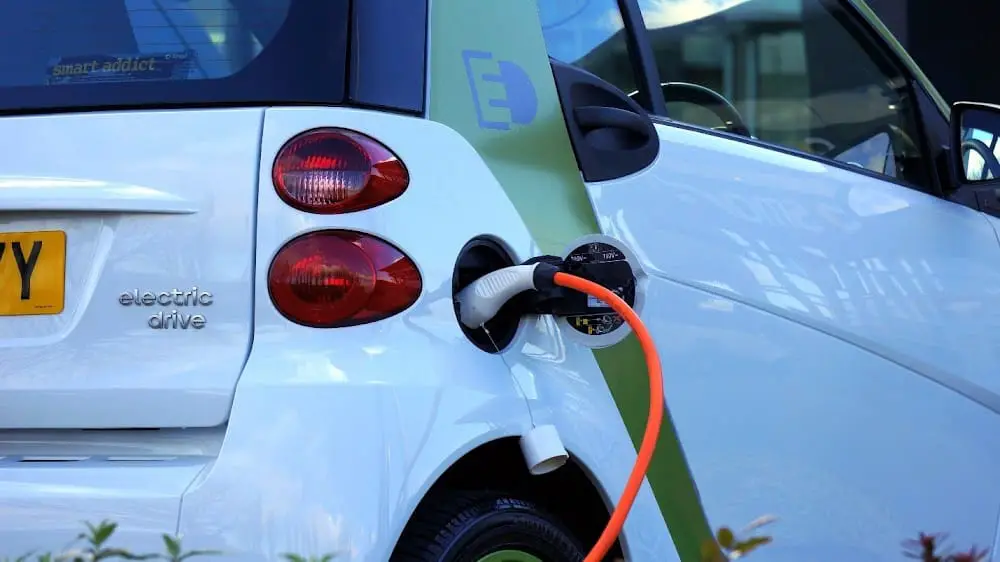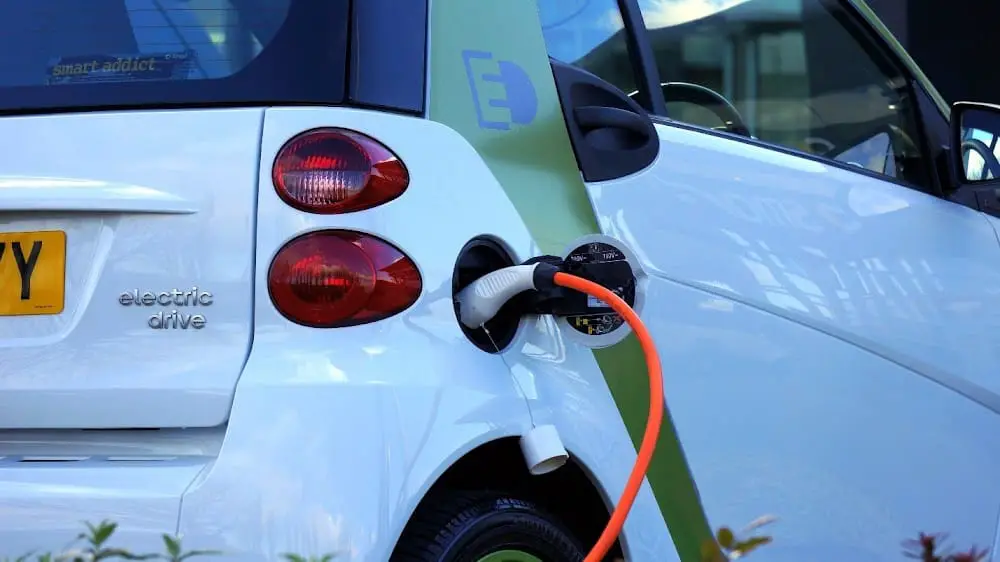Demystifying Electric Vehicles: Answering Your Frequently Asked Questions Answered.
As the automotive industry undergoes a seismic shift towards sustainability, electric vehicles (EVs) have captured the imagination of consumers worldwide.


As the automotive industry undergoes a seismic shift towards sustainability, electric vehicles (EVs) have captured the imagination of consumers worldwide.
However, despite their growing popularity, many questions linger regarding the practicality, performance, and implications of electric vehicle ownership.
In this comprehensive guide, we address some of the most frequently asked questions about electric vehicles, providing clarity and insights for both prospective buyers and curious enthusiasts.
1. How do electric vehicles work?
Electric vehicles operate by using electricity stored in a battery pack to power an electric motor, which drives the vehicle's wheels.
Unlike traditional gasoline-powered vehicles, which rely on internal combustion engines fueled by petrol or diesel, electric vehicles produce zero tailpipe emissions and rely entirely on electricity for propulsion.
Read: How Do You Charge An Electric Car?
2. What is the range of electric vehicles?
The range of electric vehicles varies depending on factors such as battery capacity, driving conditions, and vehicle efficiency.
Modern electric vehicles typically offer ranges between 150 to 300 miles on a single charge, with some high-end models boasting even greater ranges. As battery technology continues to advance, range capabilities are expected to improve further.
3. How long does it take to charge an electric vehicle?
Charging times for electric vehicles depend on the charging method and the vehicle's battery capacity.
At-home charging using a standard household outlet (Level 1 charging) can take several hours to fully charge an EV battery.
Read: Future of electric car chargers
However, dedicated home charging stations (Level 2 charging) can significantly reduce charging times to approximately 4-8 hours.
Fast-charging stations (DC fast charging) can charge an EV to 80% capacity in as little as 30 minutes, making them ideal for long-distance travel.
4. Are electric vehicles more expensive to own than traditional vehicles?
While electric vehicles may have a higher upfront cost compared to traditional vehicles, they offer significant long-term savings in terms of fuel and maintenance expenses.
Electric vehicles have lower fuel costs since electricity is generally cheaper than gasoline or diesel.
Moreover, EVs have fewer moving parts than internal combustion engine vehicles, resulting in reduced maintenance costs over the vehicle's lifetime.
Related: Impact of Fast Charging On EV Batteries
5. Where can I charge my electric vehicle?
Electric vehicle owners can charge their vehicles at various locations, including at home, at public charging stations, and workplaces.
Many EV owners choose to install home charging stations for convenient overnight charging.
Public charging infrastructure, including fast-charging stations, is becoming increasingly prevalent, allowing EV owners to charge their vehicles while on the go.
6. Are electric vehicles suitable for long-distance travel?
Modern electric vehicles are well-suited for long-distance travel, thanks to advancements in battery technology and the growing network of fast-charging stations.
EVs with longer ranges and fast-charging capabilities enable drivers to travel extended distances with minimal inconvenience.
Additionally, the integration of navigation systems that identify nearby charging stations further enhances the feasibility of long-distance electric vehicle travel.
Read: New Tech to charge Electric cars while they drive
7. How sustainable are electric vehicles?
Electric vehicles offer significant environmental benefits compared to traditional gasoline-powered vehicles.
By producing zero tailpipe emissions, EVs help reduce air pollution and greenhouse gas emissions, contributing to efforts to combat climate change.
Additionally, the environmental impact of electric vehicles depends on the source of electricity used for charging.
Charging EVs with renewable energy sources such as solar or wind power further enhances their sustainability credentials.
Also: The difference between AC and DC charging and EV charging explained.
As electric vehicles continue to gain traction in the automotive market, addressing common questions and dispelling misconceptions is essential for fostering widespread acceptance and adoption.
By providing clear and accurate information about electric vehicles, we can empower consumers to make informed decisions and embrace the transition towards a cleaner, greener future of transportation.




